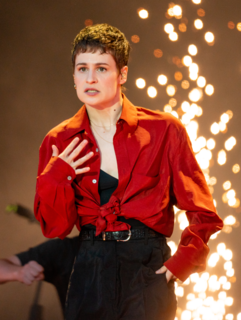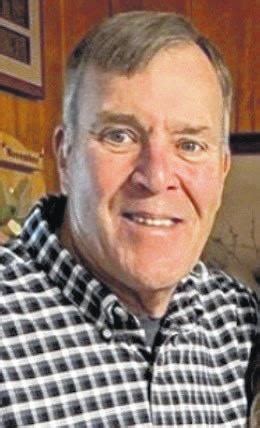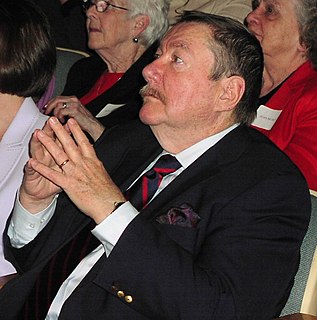A Quote by Jane Smiley
Literature - novels, plays, and poems - can have an uncanny dual life, where they simultaneously represent something eternal and something historical, and this is often how they are taught in school.
Related Quotes
I can't think of a single one of my plays that does not represent a coincidence between an external and an internal event. Something outside of me, outside even my own life, something I read in a newspaper or witness on the street, something I see or hear, fascinates me. I see it for its dramatic potential.
We all know that something is eternal. And it ain’t houses and it ain’t names, and it ain’t earth, and it ain’t even the stars . . . everybody knows in their bones that something is eternal, and that something has to do with human beings. All the greatest people ever lived have been telling us that for five thousand years and yet you’d be surprised how people are always losing hold of it. There’s something way down deep that’s eternal about every human being. -stage manager, in the play OUR TOWN
[My poems] of course, it's symbolic, in the way that things in a poem can be - that is, pointing to something beyond its mere ordinary meaning, while also retaining all the qualities of that ordinary meaning. In other words, it's a bear, but it's also suggesting something else, just by virtue of the attention to it. But it's not "symbolic" in that way we are taught to think about things in poems.







































